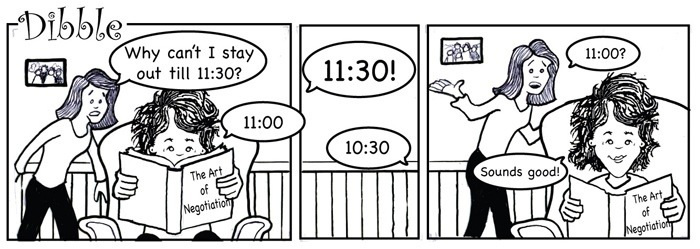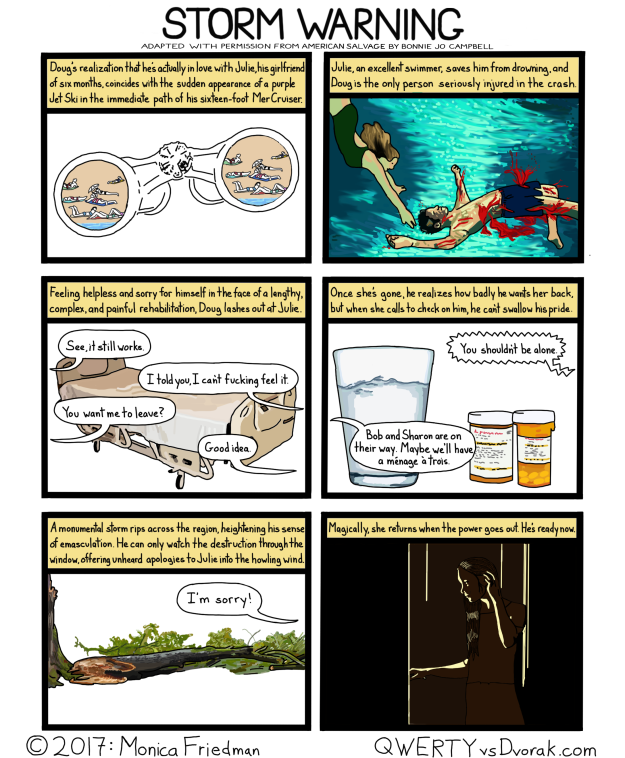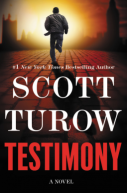Author: Anders Christian Hjort > In negotiations In negotiations questions are powerful, giving the skilled negotiator an advantage over the average peer. Huthwaite research confirm this and also the power of the kids question:
In negotiations In negotiations questions are powerful, giving the skilled negotiator an advantage over the average peer. Huthwaite research confirm this and also the power of the kids question:
“WHY can’t I get some candy mom?”< /em> And we know how skillful negotiators they can be by repeating the question until we give in – after having given 5 maybe more or less good reasons for not eating candy on a Monday morning.
We call the behaviour Seeking Reason and the journey that follow argument dilution – using the WHY question in negotiation consciously can help you win the deal also in a business setting. If you are asked for a discount or to lower price and you feel the pressure to concede – don’t! One strategy can be to try the kids question instead and ask WHY?
In the selling situation We also see this powerful question being used in sales clarify the problems an needs uncovered in the mind of the customer.
Have a look on this story from the Entrepreneur where the kids question comes to play in a grown up world.
The One Word That Will Help You Close More Sales
GRANT CARDONE
There’s a very simple one-word question missed by almost all sales people: “Why?”
The “why” will identify your prospective customers’ dominant motives. Once you do that, you will almost always make the sale.
People buy things only to solve a problem. This is true even with emotional purchases. When you buy your wife flowers or jewelry, you do so to solve some problem. “No” you say, “I love my wife and that is why I bought her a dozen roses.” Look a little deeper and I assure you there is some problem you are trying to solve. Why do you think people say: “A happy wife is a happy life?”
Figure out the problem your customer or prospect is trying to solve and not only will you make the sale, you will make it quicker and it will be more profitable. The “why” is the fuel for every sale, what I also call the dominant buying motive.
Sometimes even your customers are not clear about their motivation. It is your job to clarify this. Getting them to answer the why will crystalize the reason they are doing business with you. Here are some specific questions that can help you get to the “why” of a customer’s potential purchase:
Why are you here today?
Why do you have interest in this product?Why is that important to you?
Why did you agree to see me?
Why did you decide to do this now?
Why would you make this kind of investment?< /blockquote>Let’s look at the “why” behind the kid who borrows money from the government to go to school. The obvious reason is to get an education, but behind the obvious you will find the real why.
Let’s try it out:
Why do you want to go to school?
To get an education.
But really why?
So I can get a good job.
You can get a job without a degree. What’s the real reason?
I want to become a lawyer.
So why did you pick this school and why now? Why not wait?
My best friend is also applying here and we want to go to law school together.
Bingo. Now we finally got to the real reason: the best friend. Find the motivator, the why, and you will know how to close the deal.
Advertisements Share this:Once I was working with a high-end watch store. A customer rushed in at lunch time asking for a specific watch. He had a type A personality and knew exactly what he wanted. When we put it on his wrist and shared the price of $57,000, he looked at it in admiration and asked what kind of price he could negotiate.
Before the sales person gave away the boutique’s profits, I jumped in.
“Why did you come here today?” I asked. He said he wanted to see if we had this specific watch. I pressed further.
“Why did you stop here today?” He didn’t know what I meant.
“Do you not want me here?” he asked.
“Of course we do. We appreciate you stopping by, love the fact that you know what you want and have such a great taste in time pieces. I’m just wondering why you decided to stop in today, not yesterday or last week or next week.” I knew digging deeper would get to the real “why” and then it came.
“Well, this weekend I am going to my best friend’s wedding in Santa Barbara and I’d love to have a new piece to wear.”
Boom. There’s the real why, the real motive and the $57,000 reason for my final question: “Would that be Amex or Visa?” He bought the watch and never brought up a discount again.
Someone serious about a $57,000 watch doesn’t really need to negotiate. There are other things they value more from the purchase. Once I showed him we were both clear on why he wanted to make the purchase, it was made without hesitation.
We see this dynamic in sales all the time. No one buys a $57,000 watch to tell time. People buy things to solve problems. The cost of the item isn’t what matters. Once the buyer is able to see the problem the product solves, their decision becomes much easier to resolve. Get to the “why” and the sale will follow.
About Grant Cardone
Grant Cardone is an international sales expert, New York Times best-selling author, and radio show host of The Cardone Zone. He has founded three companies: Cardone Enterprises, Cardone Real Estate Holdings, and the Cardone Group. He has shared his sales and business expertise as a motivational speaker and author of five books: Sell to Survive; The Closers Survival Guide; If You’re Not First, You’re Last; The 10X Rule; and Sell or Be Sold.
Another strategy:






